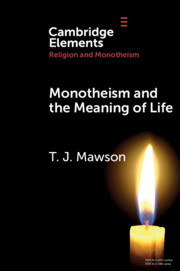Objective: An increasing number of patients are cared for at
home and the presence of next of kin is often a prerequisite for
successful home care. The aim of this study was to describe and
interpret the construct of meaningfulness in next of kin of cancer
patients who are in advanced palliative home care.
Methods: The perspective of Antonovsky's salutogenic
framework of sense of coherence was applied in the analysis. Using a
hermeneutic approach, 19 next of kin were interviewed (n = 30
interviews) during ongoing palliative home care.
Results: Elements that facilitated meaningfulness included
comfort, retaining everyday life, action, commitment, and hope, which
were of great importance for creating a perception of
self-transcendence and that the best possible was done.
Significance of results: The findings are discussed in
relation to the concepts of meaning-based coping, tragic optimism, and
existentialism. Clinical implications are suggested.
